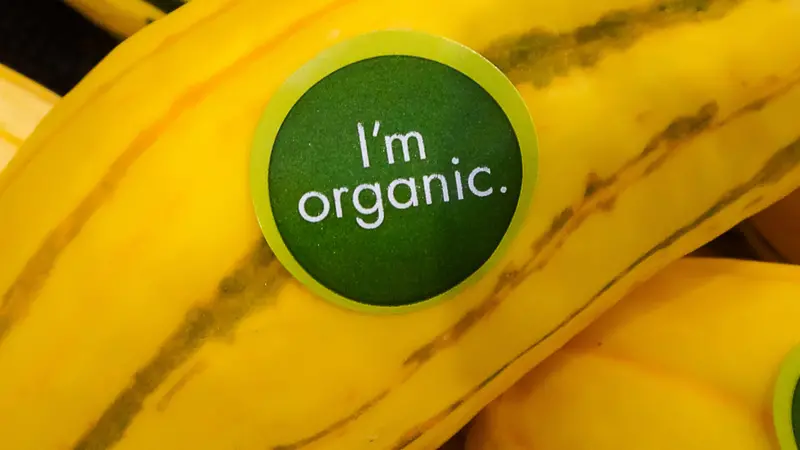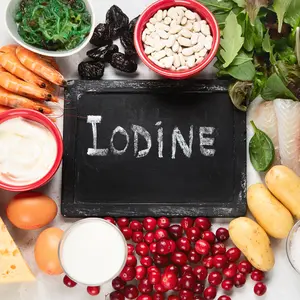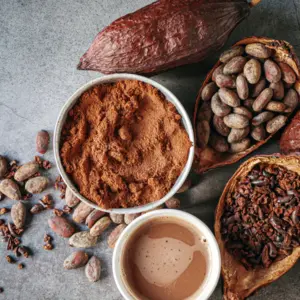

Food, Farming and Nutrition

Food, Farming and Nutrition
Policing the Organic Industry
In recent decades, US consumers have come to count on the organic label as a healthier lifestyle choice. Unfortunately, however, as the organic market continues to grow, reaching $55 billion in sales in 2019, so too does fraudulent labeling, impacting genuine organic farmers as well as consumers who put their trust in it.
While most organic farmers are in compliance, there are those who seek to sell their crops at the higher price that the organic label commands, without the intensive labor. Commodity crops, such as soybeans and corn, are at the center of fraud, though any organic crop may be affected. Though few farmers commit fraud, their impact is profound. In one recent case, an Iowa farmer, Randy Constant, admitted to falsely labeling more than 90% of $142 million worth of grain sales over nearly a decade.
Organic fraud is not confined to domestic crops. Countries that had been identified as high risk for fraud by the European Union, such as Ukraine, Moldova, and the Russian Federation, began to target the US market as their exports to European countries were restricted. Since there is less scrutiny at the US border, phony shipments carried by ocean freighters often pass undetected into US domestic markets. Though the federal National Organic Program (NOP) is aware of the issue, little was done until pressure from the organic community and the media forced Congress to strengthen protections against fraudulent organic imports.
As the organic market continues to grow, reaching $55 million in sales in 2019, so too does fraudulent labeling.
Since the NOP is severely limited in its ability to penalize individuals who commit fraud, in recent years they have started to strengthen their relationships with other government agencies such as the Justice Department, Customs and Border Protection (CBP), and the Federal Trade Commission.
The NOP has also worked within its own ranks to allow more diligent detection of fraudulent crops. Organic certifiers often work closely with farmers, and therefore may be among the first to identify fraud. Recognizing this, the NOP has improved their analytical tools to identify fraudulent activity and their complaint procedure.
But the NOP’s lack of punitive capabilities makes it difficult for the agency to uphold the label’s integrity. To bring about this change, consumers should ask elected officials to finalize its proposed Strengthening Organic Enforcement rule and demand the NOP be given the power to deal with fraud without having to outsource to other agencies.
REFERENCES
Behar, H., (2020, October 15). The fight against fraud. Rodale Institute. https://rodaleinstitute.org/blog/the-fight-against-fraud/


 By
By





